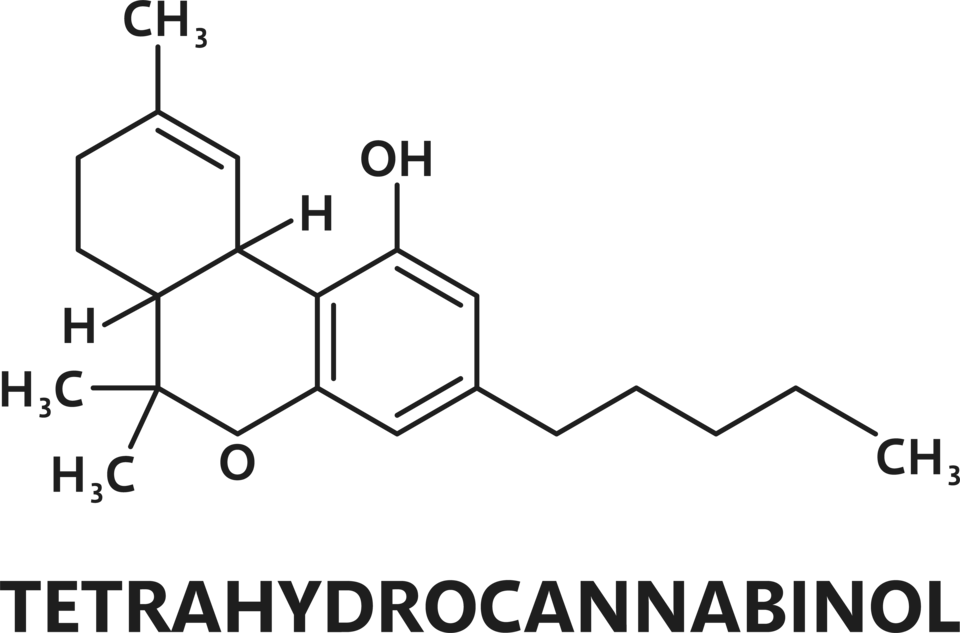Cannabinoids are the most abused substances after alcohol. Even though these substances are very dangerous, they are currently being legalized by many countries, which may lead to an increased rate of addiction in all ages, especially in young adolescents.
By cannabis we mean all psychoactive substances which are obtained from the plant Canapa Sativa. Cannabis includes over 60 active components, but the primary component is tetrahydrocannabinol (THC).
It is typically smoked or used in the form of weed (which is obtained from the plant’s dried leaves or from its flowers) or of hashish (cannabis’ concentrated active substances in the form of resin).

MODE OF ACTION
Cannabinoid receptors can be found in our brain and are a part of the endocannabinoid system, which is involved in a series of physiological process linked to hunger, memory, perception and mood.
Right after use, cannabinoids first enter our lungs, then our blood stream and into the brain, where they attach themselves to the cannabinoid receptors.
The compulsive use of cannabinoids causes negative and permanent changes to the endocannabinoid system, especially during development in young adolescents.
EFFECTS
The chemical compounds that originate from the Canapa Sativa plant have numerous physiological and psychological effects. Short term effects start showing almost right after use, are evident after a few minutes after the use and may last from 1 to 3 hours, depending on which substances have been used. The effects start showing later if the substances have been taken orally instead of inhaled, but they last longer due to its slow absorption. The duration of the effects shortens the longer the person uses the substance, because the individual has meanwhile built up tolerance to cannabinoids.
- Euphoria
- Perception alterations
- Feelings of wellness
- Relaxation
- Decreased stress
- Increased libido
- Increased appetite
TREATMENT
Since withdrawal symptoms may lead to relapses very easily, a pharmaceutical therapy may help in preventing relapses and treating the addiction. Even though there is still no specific medication which can be used for the treatment of withdrawal symptoms caused by cannabis addiction, some cannabinoid receptors’ agonists can be used, together with mood stabilizers medications and antidepressants. Psychotherapeutic support is of vital importance for the treatment of this specific addiction. Behavioral cognitive therapy has been found to be the most useful and successful because it helps the individual to identify and redirect the negative behaviors and the negative emotions associated with them. The purpose is to mobilize the individual’s internal resources which are necessary to change the behavior, promote self-control, oversee target behavior and prevent relapses.




